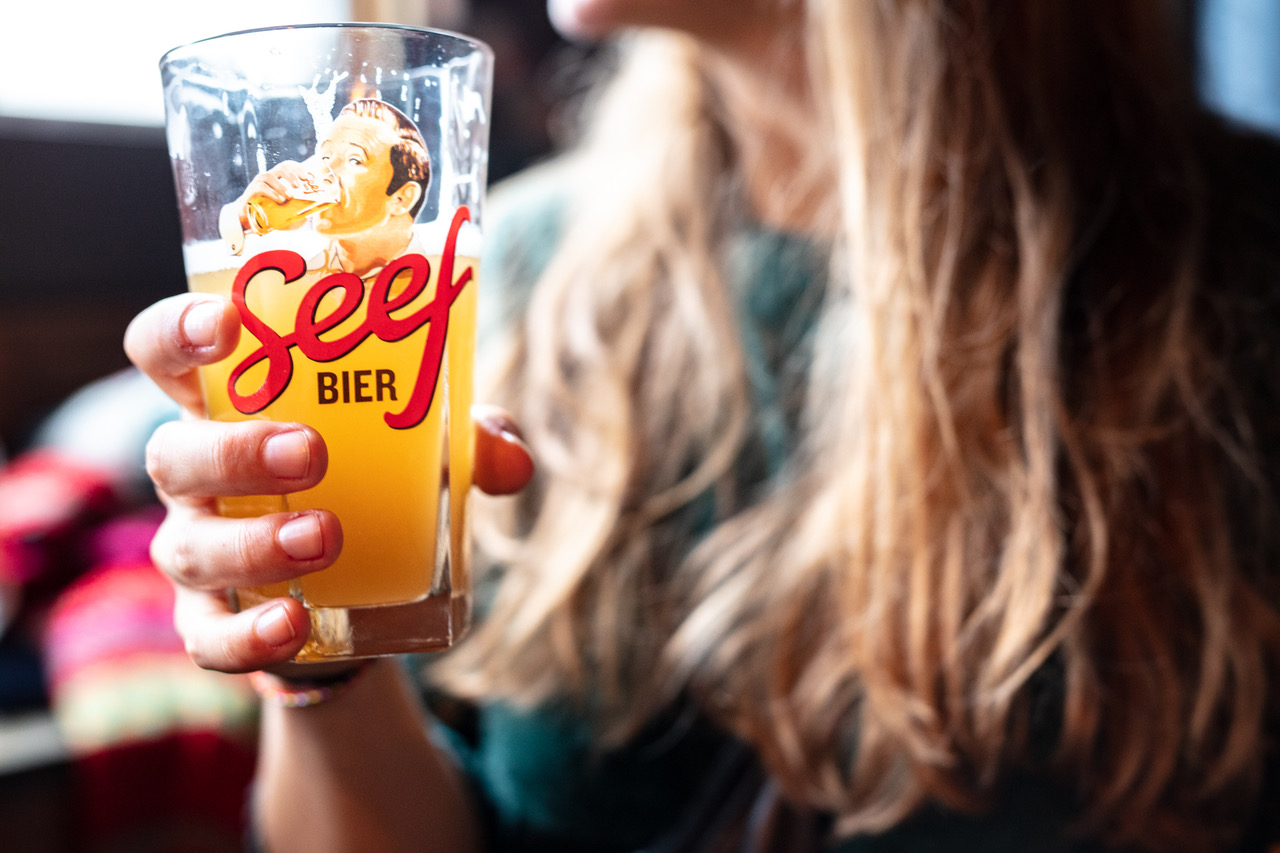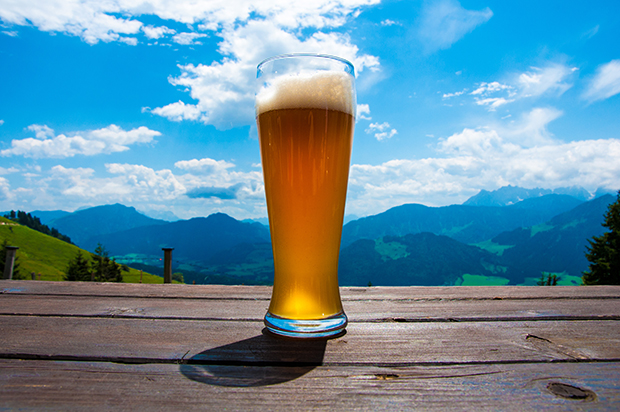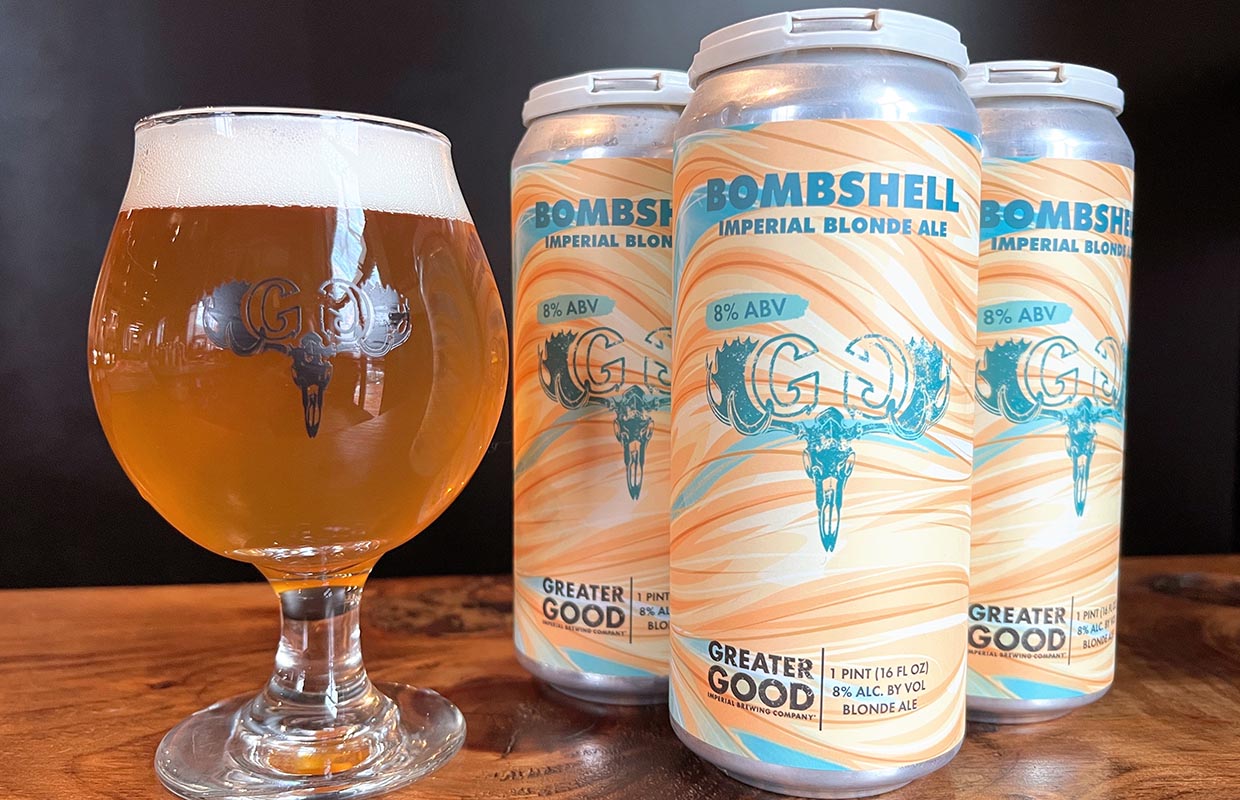
International Insights is a continuing series of Q&As with brewing members, but this time branching outside of the US and into the rest of the world.
In this series, Brewer will share personal insights from international breweries each week about the craft beer market in other countries, where those brewers get their inspiration, and how the market compares to craft beer in the US.
Johan Van Dyck, Founder, Antwerpse Brouw Compagnie — Belgium
BREWER: What is the most popular beer at your brewery?
VAN DYCK: Our brewery is a fully independent brewery. It houses a 40-hectoliter brewhouse where we brew all of our beer, and is located in the center of Antwerp. Our most popular beer is Seefbier, the historical ale of Antwerp, Belgium’s second largest city. Oldest written mentions of this beer date from the early 1600s. The beer was the regional style of Antwerp, brewed by most breweries in Antwerp. These breweries — mostly very artisanal ‘old style’ breweries — were already facing strong competition from modern industrial breweries at the beginning of the 20th century, when WWI started. Invading German troops kept the big industrial breweries, and closed down all small breweries (typically the Seef breweries) confiscating all the metals and copper for war purposes. With the disappearance of these breweries, Seefbier also disappeared. The beer and recipe were presumed lost for almost a century. Having read about this historical beer, and with already 14 years [of] brewery experience at different breweries including Hoegaarden, Dommelsch (NL) and the different breweries of Duvel Moortgat, I was very intrigued by this missing part of Belgium’s brewing heritage. A search of nearly three years (through archives, contacting families that owned breweries, talking to old brewers) I finally got hold of a full recipe. Together with Prof. Delvaux (University of Brussels), we brewed Seef again for the first time in a century. Convinced about the quality of this unique beer, we decided to start a new brewery, the Antwerpse Brouw Compagnie, and bring back Antwerp’s historical Ale. Since then it has gathered not only a big following among beer lovers, but also won numerous beer contests, including six-time world’s Best/Gold at u.o. World Beer Cup, Global Craft Beer Awards, Brussels Beer Challenge and World Beer Awards. The beer is an unfiltered Blond, brewed with buckwheat, oats, wheat and barley. Easy drinking beer, in style of historical Wheat-based beers at 6.5% ABV.
BREWER: How has COVID-19 affected your country and your brewery? What measures have been put in place by the government?
VAN DYCK: Rather quickly the Belgian government decided on a ’soft’ lock down — closing schools, bars, restaurants and all shops, only keeping essential food shops and pharmacies open. A full shut down of the in trade in Belgium, and some days later in the Netherlands (our second market) has resulted in a full shutdown of sales in that channel. Although supermarkets remain open, the number of shoppers per store plus the time in a store limited to a half hour has pushed shoppers to hamster and focus on ‘key’ purchases — which for some reason include toilet paper and spaghetti rather than specialty beers. Also, as the logistics of supermarkets have been put under big pressure supplying bulk of basic goods, priority in the supply chain has been given to certain product categories. This has resulted in empty shelves, out of stock of our beers, combined with loss in the casual beer consumer, who normally spends some time at the beer shelf choosing his beers for the week. Both national and local city governments have been very aware of the risk for companies and try to help out any way they can. This includes the possibility of putting your staff in temporary unemployment (where they receive 70% of their normal wage from the state plus 200 € for electricity, etc.) financial allowances for companies (bars, shops, etc.) who are forced to close. A deal has been made with banks, resulting in a pause on payments (3-6 months) for healthy companies. With these two measures the most immediate threats for companies have been neutralized. Strong relaunch initiatives are being developed including campagnes to support ‘local’ online shopping, to restart the tourism and on trade sector after there crisis.
BREWER: How is your brewery adapting to the evolving landscape of this pandemic?
VAN DYCK: We tried to keep our staff employed as long as possible. After four weeks however, we first had to put our sales staff in unemployment, and we have now also stopped production. We have very quickly adapted to the fact that shops and bars are closed, people are at home and will eventually also get thirsty for a good beer. In two days after the lockdown we launched an online beer shop, with free home delivery. Delivery is done by our team or via postal services. Although this is a high cost, it more or less equals out to the retailers marking plus costs of logistics to retailers, making it still a viable business for our brewery. This has turned out to be a good choice: although it doesn’t come close to a normal turn over, it does help to cover some fixed costs we can not avoid. We also discovered that this way we are reaching new beer drinkers, who turn into real fans of our beers.
As hundreds of people — who had booked a tour at our brewery — were unable to come, we made a homemade video of a virtual brewery visit, which we offer during the full lock down period for free online. Clearly not a professional production — my wife filmed and we edited it ourselves on a laptop — we have had a huge response on this virtual brewery visit, and many additional online orders of our beers. This way we keep close to our beer friends. Although it’s a surreal atmosphere, we have this way taken the necessary measures to assure the future of our independent brewery.





Be the first to comment